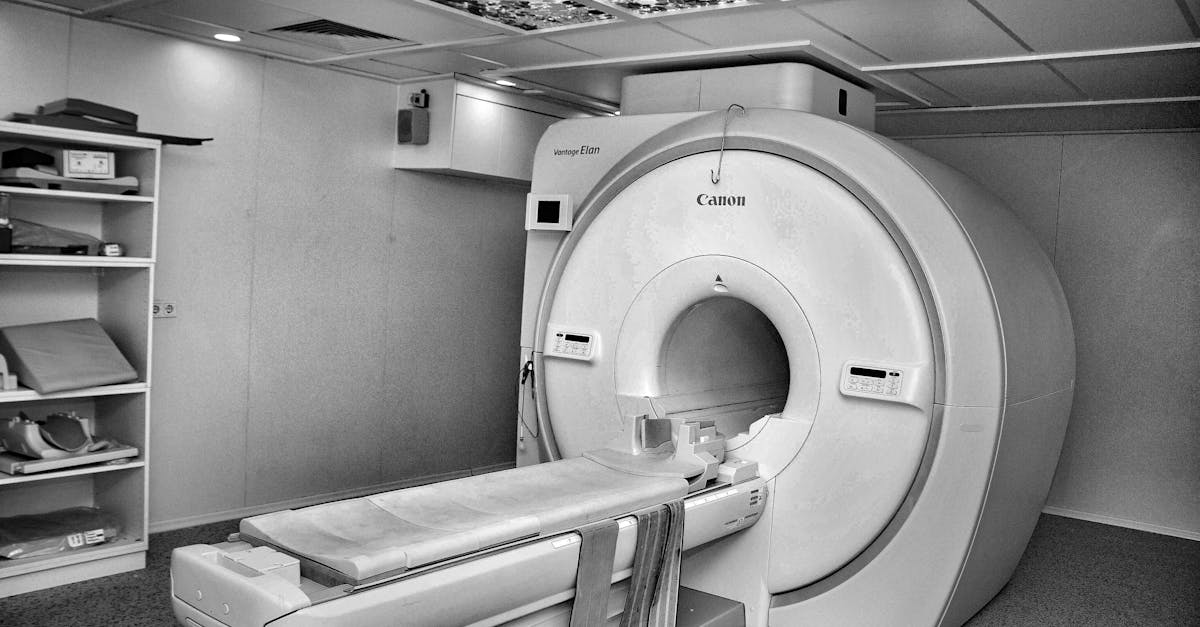Post-Visit Services: How Does Tadawi Help Clinics Follow Up with Patients Intelligently?
In the evolving world of healthcare, the patient's relationship with the clinic no longer ends once they walk out the door. The post-visit phase has become an integral part of a successful treatment journey. Providing effective and intelligent follow-up services is what sets leading clinics apart, as it ensures continuity of care, enhances patient adherence to treatment plans, and contributes to achieving the best possible health outcomes. Through the Tadawi clinic management system, providing Post-visit services: How does Tadawi help clinics follow up with patients intelligently? is not just a possibility, but an organized and effective reality that redefines the concept of extended care.
The shift from episodic to continuous care requires tools and technologies specifically designed for this purpose. The Tadawi system provides an integrated digital infrastructure that enables medical staff to stay connected with patients, monitor their progress, and provide necessary support in a timely manner, all with efficiency and ease.

Why is Post-Visit Patient Follow-Up a Cornerstone of Modern Healthcare?
The importance of post-visit follow-up lies in its ability to bridge the gap between medical recommendations given inside the clinic and their actual implementation in the patient's daily life. Often, patients may face challenges in adhering to medications, develop new symptoms, or simply need further clarification about their condition. Intelligent follow-up ensures these issues are addressed effectively.
- Avoiding Medical Complications: Early detection of any deterioration in health or side effects from medication allows for swift intervention before the problem worsens.
- Enhancing Treatment Compliance: Through automated reminders and organized follow-ups, the Tadawi system ensures that patients follow their treatment plans accurately, increasing the chances of recovery.
- Building a Strong Relationship of Trust: When a patient feels that the clinic cares about their health even after they leave, their trust and satisfaction with the service increase, fostering loyalty.
- Improving Operational Efficiency: Proactive follow-ups reduce the number of unnecessary emergency visits and random phone calls, saving the medical staff's time and effort.
Post-Visit Services: How Does Tadawi Help Clinics Follow Up with Patients Intelligently? Through Automated Communication
The Tadawi system offers a comprehensive suite of communication tools that make follow-up easy and organized. Instead of relying on time-consuming and error-prone manual methods, clinics can automate a significant part of the communication process.
Automating Reminders and Appointments
The system can send automatic text messages or emails to remind patients of their follow-up appointments or important medication dosages. This simple feature has a significant impact on patient adherence, especially for the elderly or those with complex treatment schedules.
Secure Communication Portals
Tadawi provides secure communication channels that allow patients to ask questions and share health updates with the medical staff without needing to visit the clinic, offering convenience and ensuring data privacy.
The Unified Electronic Medical Record: A Comprehensive View to Support Follow-Up Decisions
The Electronic Medical Record (EMR) in the Tadawi system is the beating heart of the intelligent follow-up process. It consolidates all of a patient's information in one place, giving the doctor a complete and historical view of their health status.
When a patient communicates after their visit, the doctor can instantly access their full medical history, test results, prescribed medications, and clinical notes from previous visits. This comprehensive view enables them to make informed decisions and provide accurate, personalized advice quickly, reducing potential medical errors and speeding up response times.
Managing Digital Treatment Plans: Ensuring Adherence and Improving Outcomes
The role of the Tadawi system is not limited to storing information; it extends to effectively managing treatment plans. After each visit, the doctor can create a detailed digital treatment plan that includes:
- Medication Instructions: Precise dosages, specific times, and special instructions.
- Self-Care Recommendations: Advice on diet, exercise, or lifestyle changes.
- Monitoring Indicators: Defining vital signs that the patient should monitor at home (like blood pressure or sugar levels).
This plan can be shared with the patient through a secure portal, giving them a constant reference. The system can also send alerts to the medical staff if the patient records abnormal readings, allowing for immediate intervention.
Post-Visit Services: How Does Tadawi Help Clinics Follow Up with Patients Intelligently? Through Reports and Analytics
Data is the key to continuous improvement. The Tadawi system allows clinics to generate analytical reports on the effectiveness of their follow-up programs. Clinic managers can track Key Performance Indicators (KPIs) such as:
- Patient appointment adherence rates.
- Hospital readmission rates.
- Patient satisfaction levels with follow-up services.
These analytics help identify strengths and weaknesses in the follow-up process, allowing for continuous improvements to provide better care and achieve reduced clinic operating costs in the long run.
Simplifying Insurance and Approval Management to Ensure Continuity of Care
One of the biggest obstacles to continuity of care is the complexity of insurance-related administrative procedures. The Tadawi system helps simplify this process through specialized modules for Insurance Management and Revenue Cycle Management. The system automates the process of submitting claims and obtaining pre-approvals for follow-up services, ensuring that care is not interrupted due to administrative issues. This Digital Transformation in handling financial procedures frees up medical staff to focus on what matters most: the patient's health.
Enhancing the Patient Experience: Care That Doesn't End at the Clinic Door
Building a Lasting Relationship
Ultimately, the goal of all this technology is to enhance the human experience in healthcare. When a clinic uses the Tadawi system to provide proactive and personalized follow-up, it sends a clear message to the patient: "We care about you as a person, and your health is our priority even when you are at home." This sense of being cared for builds long-term loyalty and turns patients into ambassadors for the clinic.

Glossary of Key Terms in Clinic Management
| Term | Explanation |
|---|---|
| Clinic Management | The process of overseeing all operational, administrative, and financial processes within a medical facility to ensure the efficient delivery of high-quality healthcare. |
| Revenue Cycle Management (RCM) | The financial process that manages claims processing, payment, and revenue generation, from patient registration to the collection of the final payment. |
| Digital Transformation | The integration of digital technology into all aspects of a clinic's operations, fundamentally changing how healthcare services are delivered and improving their value to patients. |
| Insurance Management | Refers to handling all aspects related to patients' health insurance, including eligibility verification, obtaining pre-authorizations, and submitting claims. |
| Reducing Clinic Operating Costs | A strategic goal of optimizing processes and cutting unnecessary expenses through automation and efficiency, without compromising the quality of care provided. |
Frequently Asked Questions
- 1. How does the Tadawi system help reduce the workload on nursing staff regarding patient follow-up?
- The Tadawi system automates repetitive tasks like sending reminders and scheduling appointments. It also provides ready-made templates for care plans and follow-up messages, freeing up nurses' time to focus on cases that require direct intervention and personal care, rather than spending time on routine administrative tasks.
- 2. Is patient data secure when using the Tadawi system for post-visit communication?
- Yes, absolutely. The Tadawi system prioritizes the security and confidentiality of patient data. It uses advanced encryption protocols and secure communication channels that comply with global healthcare standards to protect all information and prevent unauthorized access.
- 3. Can automated follow-up messages be customized for each individual patient?
- Certainly. Flexibility in customization is a key feature of Tadawi. Clinics can create custom message templates based on the patient's condition, diagnosis, or treatment plan. The system can automatically pull patient information (like name, medication name, follow-up date) to make each message feel personal and specifically directed to them.
In conclusion, providing Post-visit services: How does Tadawi help clinics follow up with patients intelligently? is no longer a luxury but a necessity for the success of any modern medical facility. The Tadawi system provides the necessary tools to turn this necessity into a competitive advantage, by building bridges of continuous communication, enhancing patient adherence, and ultimately, improving their quality of life.
If you’d like to discover more strategies for boosting sales in your clinic, you can request a free quote for the Tadawi Clinic Management System. For frequently asked questions, click here.

